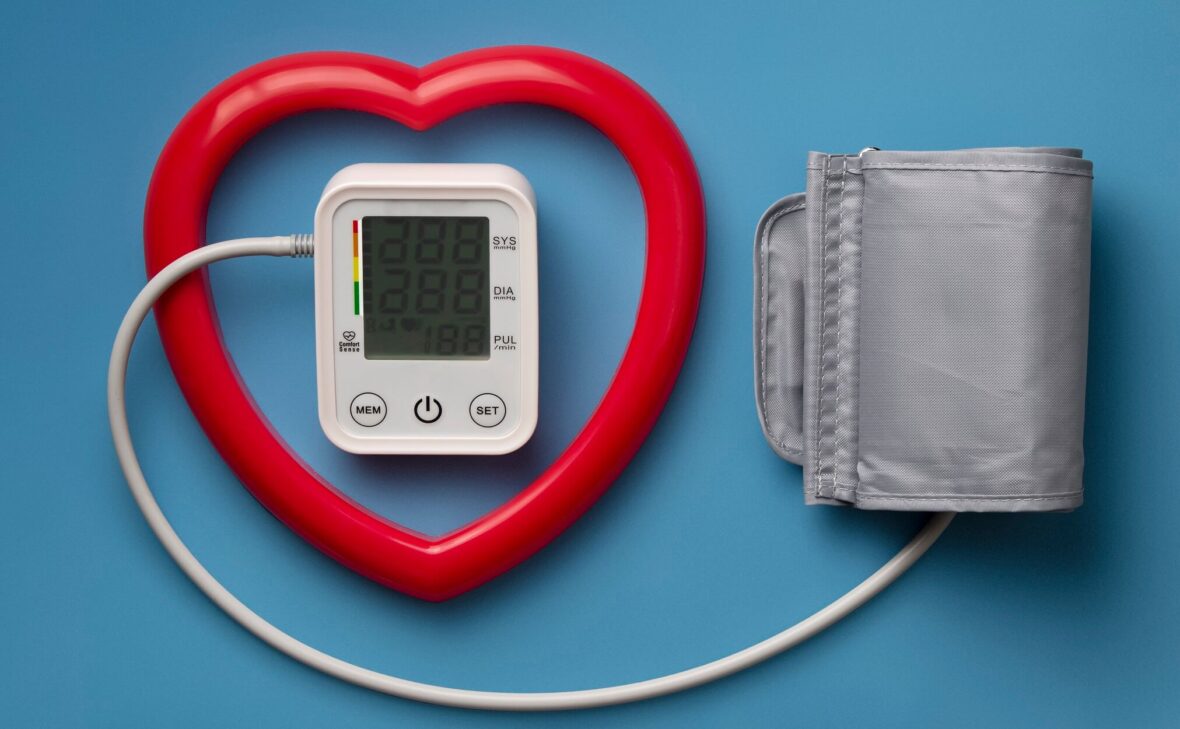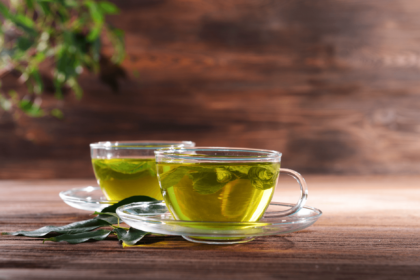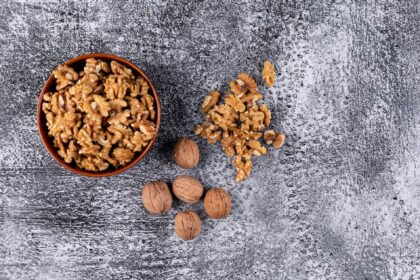If you want to reduce your risk of heart disease or stroke, medication is a proven way to do it. There are natural ways to lower blood pressure. Lifestyle changes can help you maintain a healthy blood pressure reading and may even help you avoid taking medication. High blood pressure can cause serious health problems without any warning signs. It can also increase your chance of heart disease and stroke.
Most people try to maintain their blood pressure at a level below 120 / 80 mmHg. A high blood pressure level is considered high if it is above 130 / 80 mm Hg. Many people can lower their blood pressure naturally by exercising regularly, managing their weight, and eating healthier. While medication can lower blood pressure, there are many other ways to do it naturally. Regardless of whether you are taking medication or not, lifestyle changes are essential for good blood pressure management.
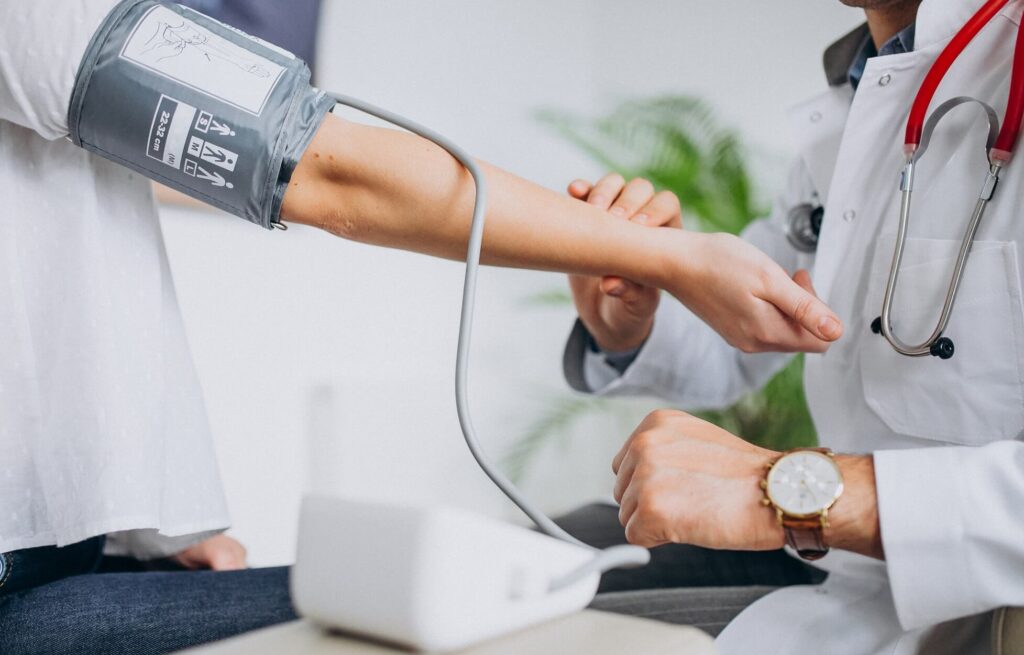
Natural ways to Lower Blood Pressure –
1. Regular physical Exercise:
Regular physical activity is one of the most important things you can do to maintain your health. It not only helps control your high blood pressure but also helps you control your weight, strengthens your heart and lowers your stress levels. Aerobic exercise, such as walking, jogging or dancing, has a positive effect on your heart health. Try to find activities you enjoy doing, as this will help you stick to a routine and encourage you to get moving.
Regular exercise increases your heart rate and breathing rate. Over time, your heart will become stronger and pump with less effort, reducing pressure on your heart and blood vessels. Some great ways to increase your activity include using the stairs, walking instead of driving, doing household chores, gardening, going for bike rides, playing a team sport and more.

2. Limit processed food:
Processed foods often contain high levels of salt, added sugars, and unhealthy fats, which can cause weight gain and contribute to high blood pressure. Common examples include processed meats, many fast or fried foods, and processed snacks. Foods labeled as low fat may contain too much salt and sugar to make up for the loss in fat. Fat gives food flavor and fills you up. Eating less processed foods will help you consume less salt, sugar, and refined carbohydrates, which can lead to lower blood pressure.
3. Healthy Diet:
Numerous studies and many experts believe that plant-based diets can help lower blood pressure. Even few study found that healthy diet could reduce the risk of 15,000 heart attacks and strokes each year among men with hypertension. Healthy diet focuses on eating foods that are low in red meat, sodium and sugar, and high in fruits, vegetables and whole grains. It also limits the consumption of low-fat dairy products, fish, poultry and beans, as well as nuts, seeds and vegetable oils. It limits foods high in saturated fat and added sugars.
4. Add More Potassium to Your Diet:
Potassium is an important mineral that helps your body regulate heart rate and reduces the effect of sodium on your body. It helps your body get rid of sodium and reduces tension in your blood vessel walls which lowers your blood pressure. The best way to get more potassium is to change your diet instead of taking supplements.
Some foods that are high in potassium: leafy greens, tomatoes, potatoes, sweet potatoes, fruits, melons, bananas, avocados, oranges, apricots, dairy products, tuna, and nuts and seeds. Eating more whole foods and less processed foods will help you get more potassium while less sodium will help you get less potassium. If you have kidney disease, it’s important to talk to your doctor about how much potassium you need to consume.
5. Cut back on sugar and refined carbohydrates:
Eating less sugar and other refined carbs can help you lose weight and lower your blood pressure. It’s not just sugar that can cause high blood pressure, though. A review found that increased sugar intake in children and teens can lead to higher blood pressure. Refined carbs like white flour quickly convert into sugar in your bloodstream. Low-carb diets may also help lower your blood pressure.
6. Manage weight:
Men’s weight tends to fluctuate with age, but being 5 to 10 pounds overweight can raise blood pressure. For men who are overweight, each additional pound they lose lowers their systolic blood pressure by 1mmHg. Eating a healthy diet and exercising regularly can help them lose weight. Being overweight puts a lot of strain on your heart and your cardiovascular system.
Losing 5 to 10 pounds in a person with a BMI 25 or higher can help lower their blood pressure and lower their risk for other health problems. The three main methods of losing weight are increasing physical activity, eating less food, and eating healthy. Losing weight allows your blood vessels to expand and contract more easily, allowing your heart to pump blood more efficiently.
7. Reduce Sodium intake:
Sodium has a significant effect on blood pressure, so reducing your sodium intake is important. Most of your sodium intake comes from processed foods like canned veggies, soups, frozen dinners, and other processed foods. You can also lower your sodium intake by eating less processed foods like instant or ready to eat cereal, salt chips, or packaged snacks.
The average daily sodium intake is about 2,300mg. The ideal limit is less than 1,500mg daily, especially for those with high blood pressure. Even a small amount of sodium in your diet can improve your heart health and lower your blood pressure if you have high blood pressure. Try to read the label on foods and drinks, eat less processed foods, don’t add salt to your food, a single teaspoon of salt contains 2,300mg sodium.
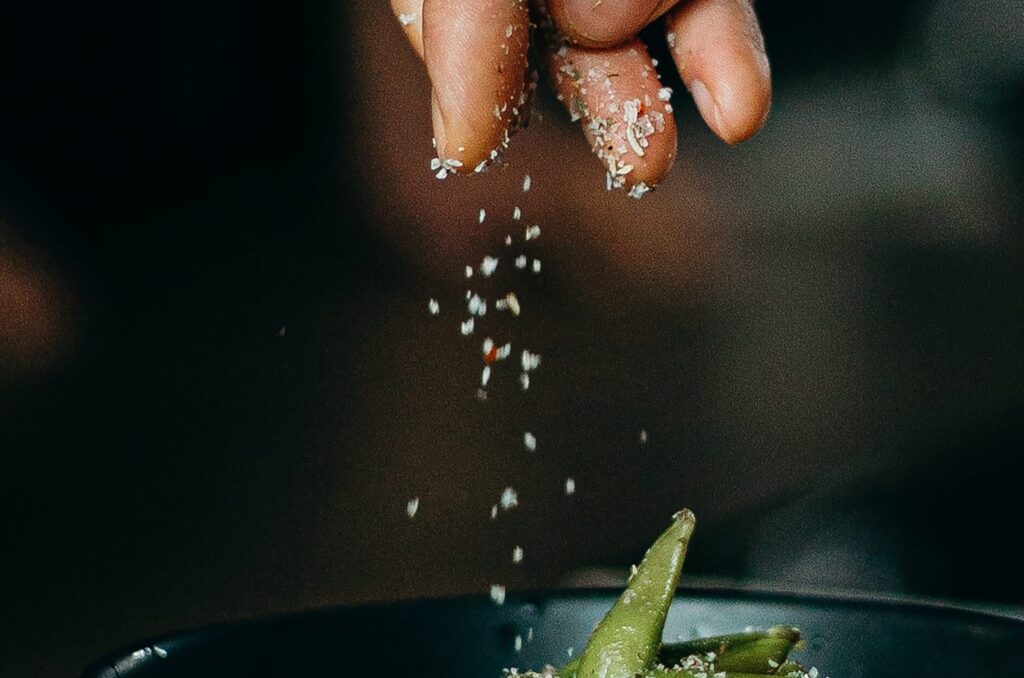
8. Limit Alcohol intake:
Drinking more than moderate alcohol can raise your blood pressure. It is best to drink as little alcohol as possible, which can help protect your heart. However, if you drink too much at once, it can cause a sudden rise in your blood pressure. Therefore, it is important to keep a close eye on your alcohol intake. Alcoholic beverages contain high amounts of calories and sugar, which can lead to an increase in body fat and weight. Both of these can cause an increase in your blood pressure over time. If you are taking medication for your high blood pressure, you should be very careful about how much alcohol you drink.
9. Consider quit or avoid smoking:
One of the main reasons to give up smoking is that it is a major risk factor in the development of heart disease. Each inhalation of cigarette smoke increases blood pressure by a small, temporary amount. The chemical compounds in tobacco are known to damage the blood vessels as well. However, there is no definitive evidence linking smoking to high blood pressure, which may be because regular smokers develop a tolerance to the habit.
Since both smoking and higher blood pressure increase the risk of developing heart disease, giving up smoking can help reduce that risk. Tobacco can affect your overall health, including blood pressure. In the long run, tobacco can increase blood pressure by damaging the blood vessel walls, causing inflammation, narrowing the arteries, and resulting in hardened arteries.
10. Limit your caffeine intake:
People who consume 1 to 3 cups of coffee a day are unlikely to experience an increase in blood pressure. However, people who consume large amounts of coffee or small amounts of coffee when they are not used to it can see their blood pressure rise. High calorie energy drinks can also increase blood pressure and put you at risk for heart disease and other cardiovascular issues.
Experts strongly discourage the consumption of energy drinks, particularly for minors who have pre-existing conditions. If caffeine is making you feel depressed, you might want to switch to decaf coffee. If you’ve ever had a coffee just before a blood pressure test, you’ll know that caffeine can give you an instant rise in blood pressure. People who are sensitive to caffeine tend to be less likely to develop heart disease (which includes high blood pressure). Still, reducing caffeine intake may help lower blood pressure.
11. Managing Stress:
Relaxation breathing and meditation are two of the most effective ways to manage stress. Stress can lead to chronic inflammation, which damages the artery walls and reduces their elasticity. Over time, the adrenal glands produce hormones that increase blood pressure. Stress can also be caused by poor sleep, overindulgence in food and drink, as well as physical inactivity. Chronic stress can cause a variety of health issues, including high blood pressure, heart disease and stroke.
Stress can also raise blood pressure if you eat unhealthy foods, drink alcohol or smoke. There is no way to eliminate stress completely, but learning to manage stress in a healthy manner can have a beneficial impact on your health and overall well-being.
Try to set aside a few minutes each day for something you enjoy, even if that’s just doing nothing. Deep breathing, a walk, reading a book, listening to music, mindfulness meditation are all great ways to reduce stress. The best way to reduce stress is to focus on what we can control, not on what we can’t. Studies show that listening to calming music has been shown to lower blood pressure. By reframing your thoughts and reminding yourself to be in the present, you can reduce your stress.
12. Eat calcium-rich foods:
Calcium deficiency is a risk factor for high blood pressure. Calcium supplements have not been proven to reduce blood pressure, but calcium-rich diets appear to be associated with healthy blood pressure. The recommended amount of calcium for adults is 1,000 mg per day, but some people, especially older adults, may require more. In addition to dairy, calcium can also be found in collard greens, other leafy green vegetables, beans and sardines, as well as tofu.
13. Eat healthy high-protein foods:
A study of more than 1,300 people found that those who ate a higher protein diet were 40% less likely to develop high blood pressure in the long run, while those who ate a high fiber diet were 60% less likely. This was true regardless of whether the protein was plant-based or animal-based. Previous studies have already shown that consuming protein may reduce blood pressure in the shorter term.
Some foods that are high in protein include fish (salmon, tuna, etc.), eggs, poultry (eggs, chicken breast, etc.), lean beef, beans and legumes (e.g. kidney beans, lentils, etc.), nuts or nut butter (nuts or peanut butter), chicken (chickpeas), low fat cheese, and other dairy products. It is important to remember that a high protein diet may not be right for everyone, and it is best to consult a doctor before making a change. Additionally, it is important to consider the balance of different types of protein foods and to balance them with other items.
14. Eat foods rich in magnesium:
Magnesium is a mineral that helps your blood vessels relax. Although magnesium deficiency is very rare, many people do not get enough of it in their diet. While some studies have suggested that too little magnesium can lead to high blood pressure, clinical studies have been less conclusive. You can still meet your magnesium needs by eating a variety of foods that are rich in magnesium, including vegetables, dairy, beans, chicken, beef and whole grains.
15. Eat dark chocolate:
Dark chocolate typically contains 70-85% cacao. Cocoa contains flavonoids, which are antioxidants that help lower blood pressure. Flavonoids in cacao can also help widen or dilate your blood vessels. According to the American Heart Association, consuming small amounts of dark chocolate is unlikely to damage your heart. However, the amount you consume per day is unlikely to produce the desired health benefits. Chocolate that is high in sugar, high in fat, or high in calories is also unlikely to do much for your heart. Eating large amounts of dark chocolate, cocoa, or cocoa powder is unlikely to improve your heart health, but consuming small amounts can help.
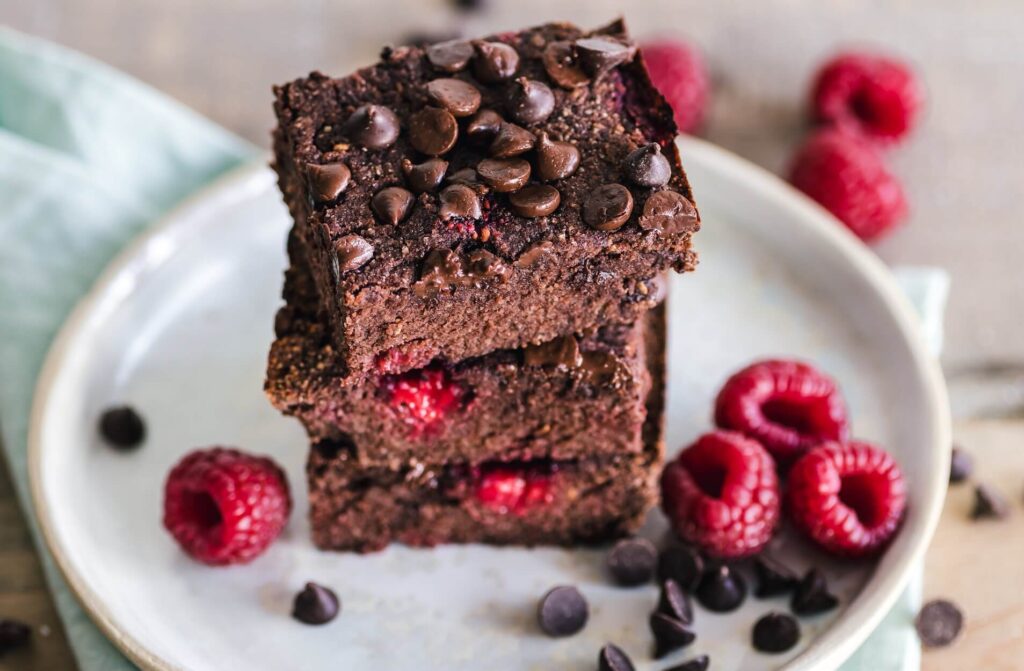
16. Eat berries:
Berries aren’t just juicy, they’re also high in polyphenols, a natural plant compound that’s beneficial for your heart. Polyphenols have been linked to lower stroke, heart, and diabetes risk, as well as improved blood pressure, insulin sensitivity, and inflammation. In a study, researchers compared people with elevated blood pressure to those who ate a low-poly diet or a high-polyphenol diet that included berries and chocolate, as well as other fruits and vegetables. Those who ate berries and foods rich in polyphenols showed improvements in heart disease risk markers.
17. Try meditation or deep breathing:
Although both of these behaviors could also be classified as stress reduction techniques, meditation and deep breathing are worthy of special mention. Meditation and deep breathing both activate the body’s “parasympathetic” nervous system. When your body relaxes, this system slows your heart rate and lowers your blood pressure. Deep breathing techniques are also quite effective. In a 2021 review, the authors found that practicing a type of deep breathing, known as diaphragmatic, twice daily for four weeks could reduce systolic (high blood pressure) and diastolic (low blood pressure).
18. Get quality sleep:
Sleep deprivation can increase your risk of hypertension. One of the reasons for this is that blood pressure tends to drop when you are asleep. If you are not sleeping well, your blood pressure may not drop. There are some tips to help you sleep well: set a good sleep schedule, exercise during the day but not too much, sleep in cool dark rooms, do not leave devices outside your sleeping room, do not eat or drink caffeine or alcohol near bedtime.

19. Take supplements to lower blood pressure:
Supplements that can help lower blood pressure include omega-3 polyunsaturated fatty acids, fish oil, whey protein, magnesium, and potassium. However, there is little to no proof that most of these supplements can lower blood pressure. Always consult your doctor before taking any supplements, as they may not be safe for everyone, worsen other conditions, or interfere with existing medications.
20. Take natural supplements:
There are a number of natural supplements that can help lower your blood pressure. Garlic extract has been shown to reduce blood pressure. In a 2016 study involving 38 participants, it was found that whey protein raised blood pressure and improved blood vessel function. Fish oil has been shown to help improve heart health. It may be especially helpful for people with high blood.
Take proper prescription medication:
Depending on your blood pressure and other factors, your doctor may prescribe medications for you if your blood pressure is too high or if it does not improve after these lifestyle changes. Talk to your doctor about your options and what medications might be right for you.
Reference used:
https://www.healthline.com/health/high-blood-pressure-hypertension/lower-it-fast#medication
https://www.medicalnewstoday.com/articles/318716
https://www.health.harvard.edu/heart-health/6-natural-ways-to-lower-blood-pressure


